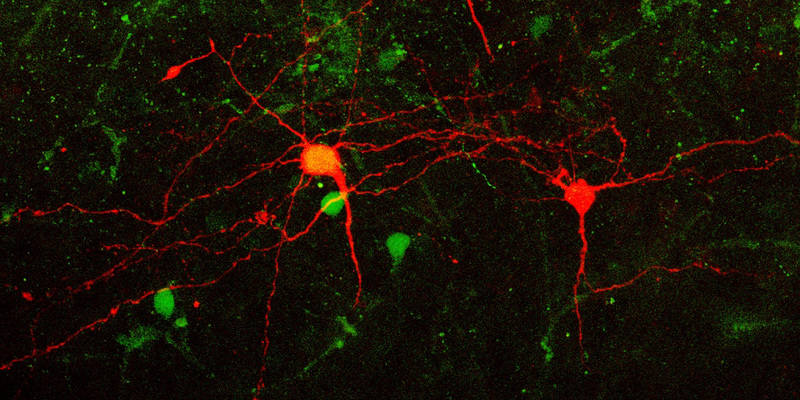
|
Psilocybin induces rapid and persistent growth of neural connections in the brain's frontal cortex, study finds
Jul 17, 2021 by PsyPost Science & Medicine Blogs Yale scientists have found that a single dose of psilocybin given to mice induces a rapid and long-lasting increase in connections between pyramidal ... tags: #neuroscience |
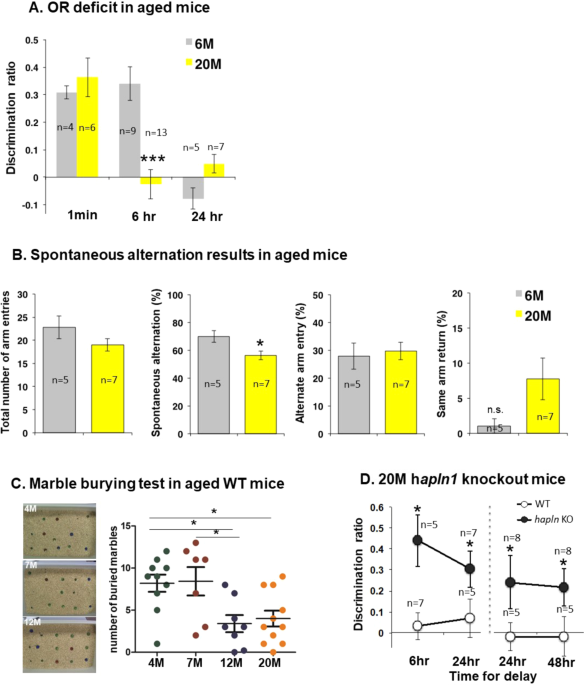
|
| Chondroitin 6-sulphate is required for neuroplasticity and memory in ageing |
|
Perineuronal nets (PNNs) are chondroitin sulphate proteoglycan-containing structures on the neuronal surface that have been implicated in the control of neuroplasticity and memory. Age-related reduction of chondroitin 6-sulphates (C6S) leads to PNNs becoming more inhibitory. Here, we investigated whether manipulation of the chondroitin sulphate (CS) composition of the PNNs could restore neuroplasticity and alleviate memory deficits in aged mice. |
|
Jul 16, 2021
by
Molecular Psychiatry
Science & Medicine Blogs |

|
| Brain imaging before and after COVID-19 in UK Biobank |
|
There is strong evidence for brain-related pathologies in COVID-19, some of which could be a consequence of viral neurotropism. The vast majority of brain imaging studies so far have focused on qualitative, gross pathology of moderate to severe cases, often carried out on hospitalised patients. |
|
Jun 11, 2021
by
medRxiv
All News |
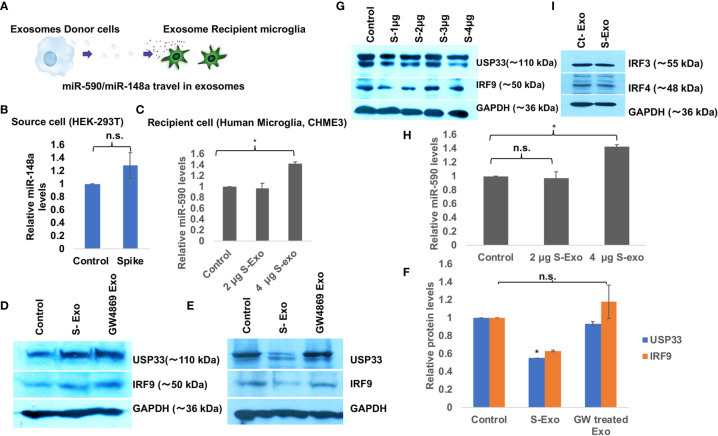
|
| SARS-CoV-2 Spike Targets USP33-IRF9 Axis via Exosomal miR-148a to Activate Human Microglia |
|
SARS-CoV-2, the novel coronavirus infection has consistently shown an association with neurological anomalies in patients, in addition to its usual respiratory distress syndrome. Multi-organ dysfunctions including neurological sequelae during COVID-19 persist even after declining viral load. |
|
Apr 14, 2021
by
PubMed Central (PMC)
Science & Medicine Blogs |
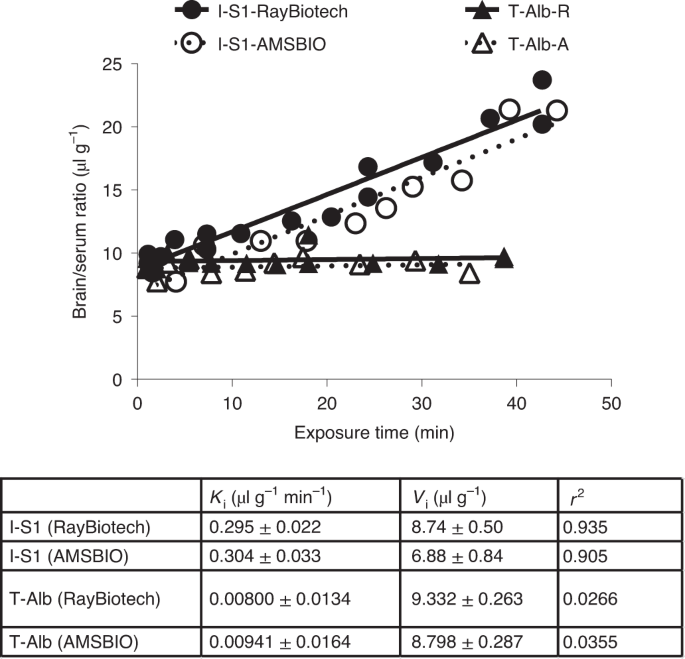
|
| The S1 protein of SARS-CoV-2 crosses the blood-brain barrier in mice |
|
It is unclear whether severe acute respiratory syndrome coronavirus 2, which causes coronavirus disease 2019, can enter the brain. Severe acute respiratory syndrome coronavirus 2 binds to cells via the S1 subunit of its spike protein. We show that intravenously injected radioiodinated S1 (I-S1) readily crossed the blood-brain barrier in male mice, was taken up by brain regions and entered the parenchymal brain space. |
|
Dec 16, 2020
by
Nature Neuroscience
Science & Medicine News |
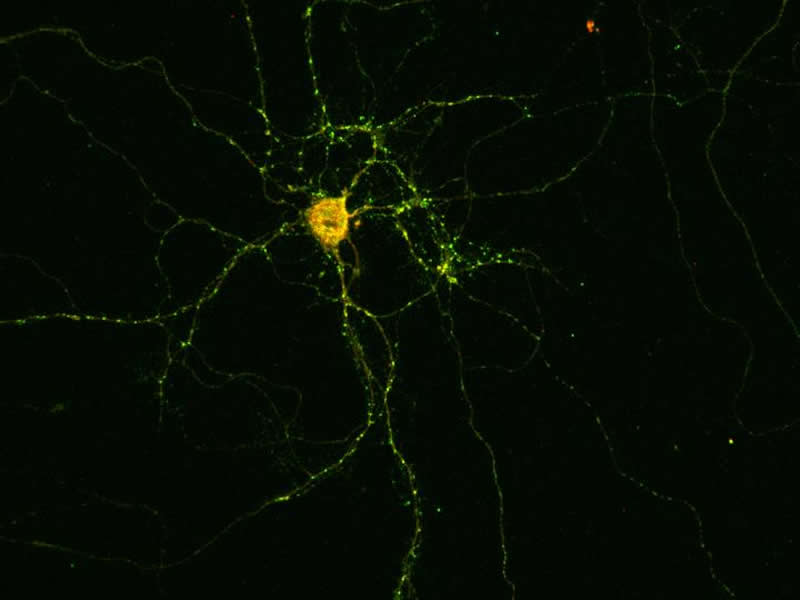
|
| Antibodies in the brain trigger epilepsy |
|
Source: University of Bonn Certain forms of epilepsy are accompanied by inflammation of important brain regions. Researchers at the University of Bonn have now identified a mechanism that explains this link. Their results may also pave the way to new therapeutic options in the medium term. |
|
Mar 25, 2020
by Neuroscience News
Science & Medicine News |
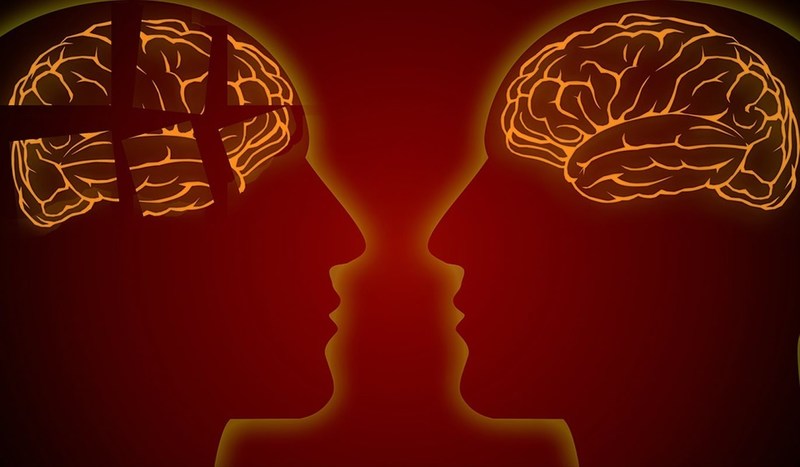
|
| Novel discovery of links between liver dysfunction and Alzheimer's disease - Neuroscience News |
|
Summary: A link between liver dysfunction and Alzheimer's disease has been discovered. The findings add to the understanding of the role metabolic dysfunction plays in the neurodegenerative disease. |
|
Jul 31, 2019
by Neuroscience News
All Blogs |
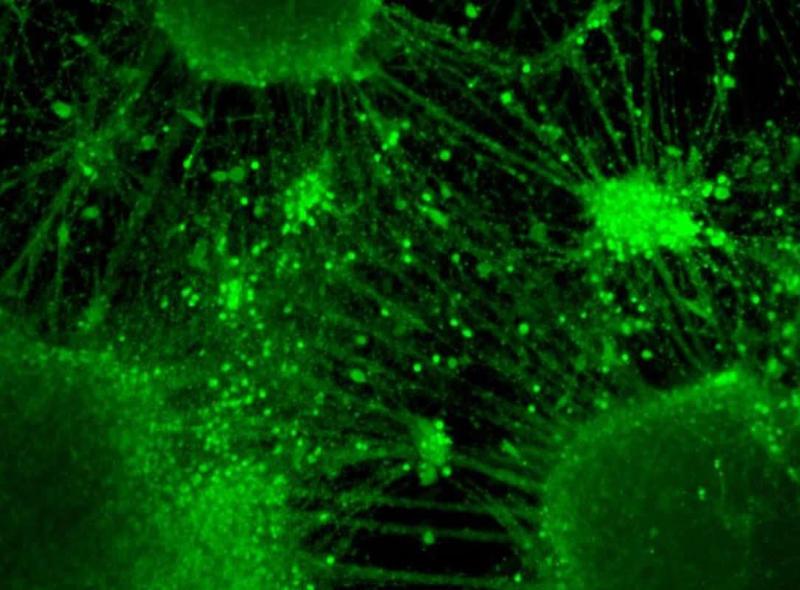
|
| Researchers grow active mini-brain-networks |
|
Source: Cell Press Cerebral organoids are artificially grown, 3D tissue cultures that resemble the human brain. Now, researchers from Japan report functional neural networks derived from these organoids in a study publishing June 27 in the journal Stem Cell Reports. |
|
Jun 28, 2019
by
Cell Press via Neuroscience News
Science & Medicine News |
| Load More by Tag |
Go to Top